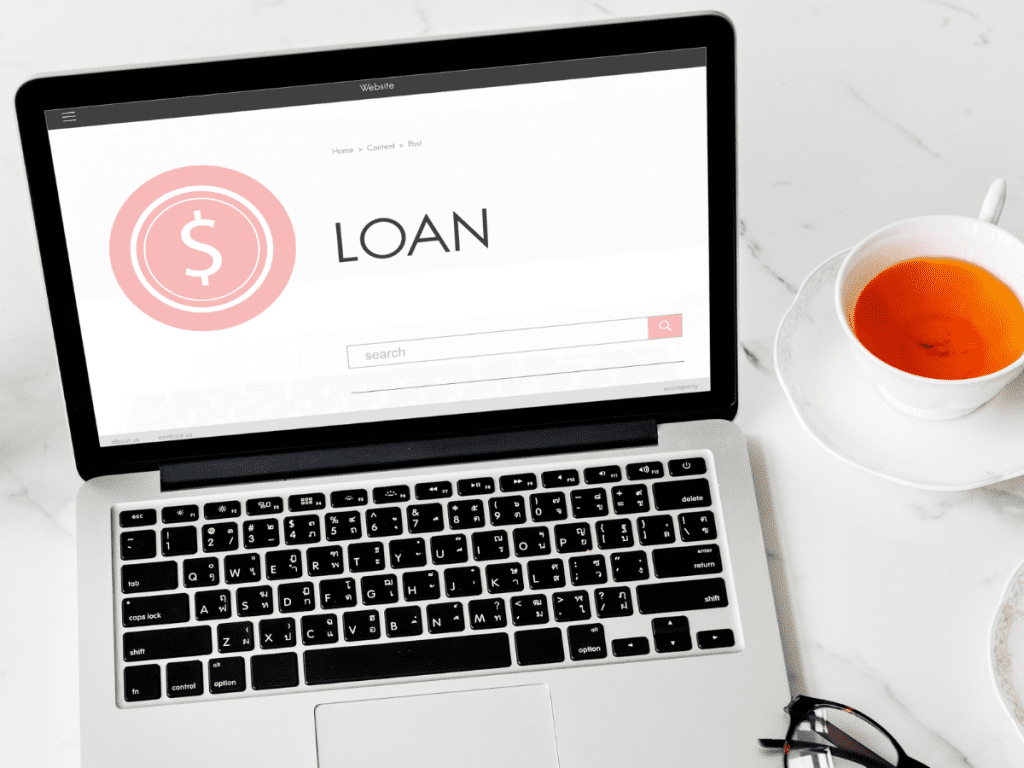introduction
Personal loans can be a valuable financial tool when used responsibly. They offer flexibility, competitive interest rates, and predictable repayment terms, making them suitable for various needs. However, like any financial product, they come with risks if mismanaged. To ensure you get the most out of a personal loan without jeopardizing your financial health, follow these strategies for using personal loans wisely.
1. Borrow Only What You Need
It can be tempting to borrow more than you require, especially if you qualify for a larger loan amount. However, borrowing more increases your debt and results in higher interest payments.
Tips:
- Assess your financial needs accurately.
- Avoid overestimating costs or taking out extra funds for non-essential expenses.
2. Understand the Loan Terms
Before accepting a personal loan, carefully review the terms and conditions, including:
- Interest Rate: Fixed rates offer predictable payments, while variable rates may change over time.
- Repayment Period: Shorter terms reduce total interest paid but increase monthly payments.
- Fees: Check for origination fees, prepayment penalties, or late payment charges.
Action: Compare offers from multiple lenders to find the best terms for your situation.
3. Use the Loan for Productive Purposes
Personal loans should be used to improve your financial situation or for essential needs. Common productive uses include:
- Consolidating high-interest debt to save on interest costs.
- Funding necessary home repairs or renovations that increase property value.
- Covering medical expenses or emergency situations.
- Investing in education or skills that enhance your earning potential.
Avoid using loans for luxury expenses or non-essential purchases that don’t add long-term value.
4. Create a Repayment Plan
Having a structured plan for repaying your loan ensures you stay on track and avoid default.
Steps to Take:
- Include the loan payment in your monthly budget.
- Set up automatic payments to avoid missing due dates.
- Pay extra when possible to reduce the principal balance and save on interest.
5. Avoid Taking on Multiple Loans
Having multiple personal loans can strain your finances and make it harder to manage monthly payments.
Advice:
6. Maintain a Healthy Debt-to-Income Ratio
Lenders evaluate your debt-to-income ratio (DTI) to determine your ability to repay a loan. Keeping your DTI low ensures you don’t overburden yourself with debt.
Tip: Aim to keep your total debt payments below 35%-40% of your gross income.
7. Use Windfalls to Pay Down the Loan
If you receive unexpected income, such as a tax refund, bonus, or inheritance, consider using it to pay off your loan. Early repayment reduces the interest you owe and improves your financial flexibility.
Note: Confirm that your loan doesn’t have prepayment penalties before making extra payments.
8. Avoid High-Risk Investments
Using personal loans for speculative investments, such as stocks or cryptocurrency, can backfire if the market doesn’t perform as expected. The loan repayment is mandatory regardless of the investment’s success.
Advice: Use personal loans only for stable, necessary purposes rather than risky ventures.
9. Communicate with Your Lender
If you face financial difficulties, proactively reach out to your lender. Many lenders offer hardship options, such as temporary payment reductions or deferments, to help borrowers manage challenges.
Key Actions:
- Don’t wait until you miss payments to contact your lender.
- Provide documentation of your financial situation to negotiate effectively.
10. Monitor Your Credit Score
Personal loans can impact your credit score positively or negatively, depending on how you manage them.
Positive Impacts:
- Making on-time payments builds your credit history.
- Reducing credit card balances improves your credit utilization ratio.
Negative Impacts:
- Missing payments can damage your score.
- Taking on too much debt may lower your creditworthiness.
Tip: Regularly check your credit report to ensure accurate reporting and track your progress.
11. Consider Alternatives When Appropriate
While personal loans are versatile, they may not always be the best option. Evaluate alternatives based on your financial needs:
- Use credit cards with 0% introductory APR for short-term financing.
- Explore home equity loans or lines of credit for home improvement projects.
- Rely on an emergency fund for unexpected expenses.
Key Insight: Choose a personal loan only if it offers the most cost-effective and suitable solution for your needs.
12. Avoid Relying on Loans for Recurring Expenses
Using personal loans to cover monthly bills or other recurring expenses can lead to a debt cycle. Instead, focus on building a sustainable budget and reducing unnecessary costs.
Conclusion
Using personal loans wisely requires careful planning, discipline, and a clear understanding of your financial goals. By borrowing responsibly, creating a repayment plan, and prioritizing productive uses, you can leverage personal loans to improve your financial well-being without overextending yourself.
A personal loan is a tool—use it strategically to achieve your objectives while maintaining financial stability.

